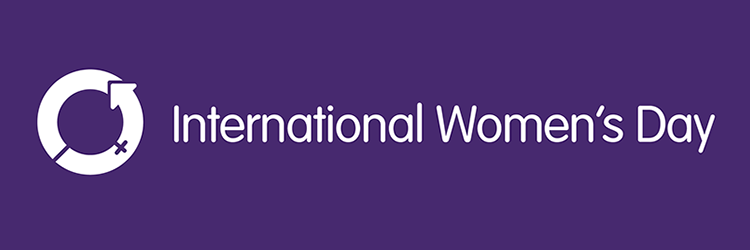The following opinion piece has been written by several female NUBSLI members to mark International Women’s Day.

Today is international women’s day.
This year also marks the 100th anniversary of (some) women getting the vote, yet in recent months we have seen many women being inspired to speak out and highlight issues of inequality, as a result of the campaigns #metoo and #timesup. All of this encourages us to reflect on not only what has been achieved, but what a long way there is still to go.
It therefore seems timely to reflect in general terms on the situation within our own profession, which is 85% female dominated. With this huge majority, one would expect it to be female-led, yet this is not the case. Despite the demographic, both our professional bodies were established by men, and more often than not men have been at the helm and in the leading and influential roles. This piece isn’t intended to criticise those taking up these roles, or to deny the fact that some women have taken up such roles, but merely to consider why this may be so, when women in our profession are equally as capable and skilled and make up a substantially higher percentage of the profession.
When thinking about the domains BSL/English interpreters work in, it is often our male colleagues that we see undertaking the more visible and one might say higher status work, such as in-vision television interpreting or conference interpreting, whilst women more usually will work largely in the community. Interestingly, however, a large number of female colleagues work comfortably and display immense skill in the performance domain. Could there be a perceived lesser significance or gravitas to this type of work – after all it is ‘only’ entertainment?
Women on the whole seem fairly reluctant to self-promote and therefore can be less visible and go unseen (which may of course be skewing our perception of the landscape). Could this perhaps be due in part to a cultural legacy or societal norms? Is there still an expectation for men to be high achievers in their careers causing them to be more driven and happy to take risks? Or is this merely a confidence issue with women being more susceptible to ‘imposter syndrome’?
In conversations with female colleagues, concerns about their level of skill and ability is common place. Many women are quick to criticise themselves and have regular ‘crises of confidence’, believing their skills to be average at best. On the whole this does not seem to be a concern that male interpreters voice or talk about. Do male interpreters actually experience less self-doubt, or simply have more effective strategies to manage this? Is this tendency towards negative self-perception one of the reasons why we see fewer women in the higher profile positions, both in work domains and taking up leading roles in our professional bodies?
Notably one area where women in our profession have a good presence is that of research and academia. There are a number of women leading this field and delivering key note speeches, presentations and workshops around the world, showing that they are confident and skilled at collating data, researching topics and writing papers or books to progress the depth of understanding of our profession. So seemingly when there is empirical research to support what they are saying women are indeed confident and comfortable to speak up with conviction, and yet on the whole this is not the case when merely voicing an opinion.
It seems that male colleagues may not always appreciate that despite this ‘age of equality’, in male-led environments it is sometimes difficult for women to speak out. A colleague recently relayed her experiences of a meeting she attended, where having witnessed one female colleague’s comments being passive-aggressively undermined, she then felt unable to give her view for fear that the same thing would happen to her. Whilst this type of interaction is unlikely to have been intentionally malicious, and it would be appropriate to recognise that this could have occurred between two women, it illustrates how easily we could inadvertently allow bullying to subtly creep into our profession.
What can we do to change things? What if each of us accepted personal responsibility to contribute in fostering a more mutually respectful environment regardless of our differences, be they of gender, opinion, status, experience etc, allowing all interpreters the confidence to speak out?
Maybe it is time to consider ways to ensure that women’s voices are heard, looking at the balance of representation in our organisations to ensure it reflects the profession. An obvious practical issue that results in fewer women feeling able to put themselves forward for roles within our organisations is that of caring responsibilities which limit the amount of time they have to offer. Let us find ways of providing opportunities to women who want to be involved but feel restricted by time constraints, working around this, being flexible and finding solutions together.
It would be wise to question why men come forward for certain leading roles in the profession and specific types of high profile work whilst women often hold back, and look at ways that we can promote change. Maybe this needs to be around consideration of ways to develop women’s confidence and self-belief, (alongside the more flexible opportunities to be involved), encouraging and supporting women to develop their own resilience and confidence, recognising their skills more readily, celebrating their work and the contribution they make.
The past few months in world events have emphasised that whilst we have come a long way towards a more equal society, we sometimes do not recognise the gender power dynamics which still continue to this day. Our profession is no exception. It’s time for positive change!
